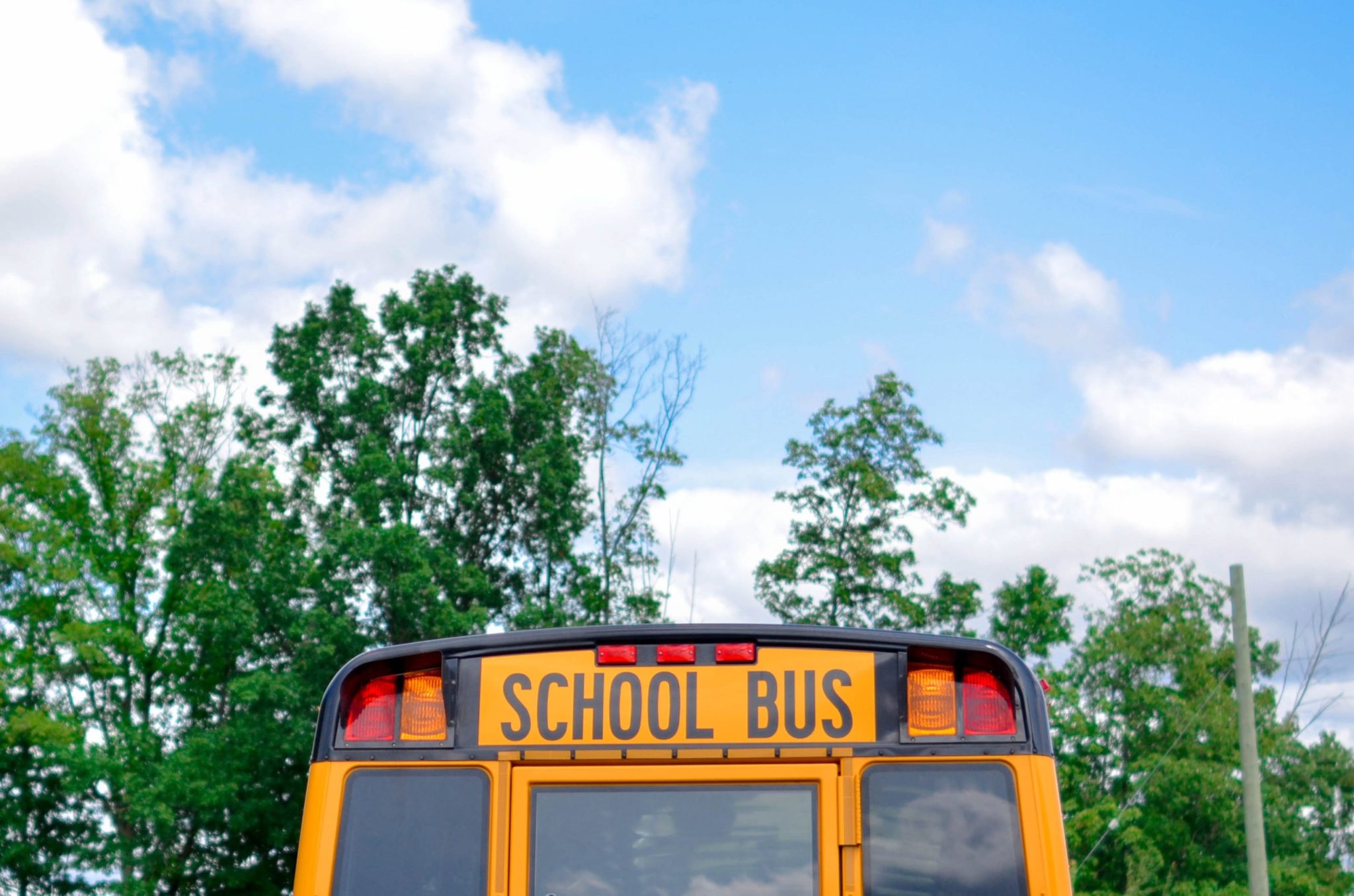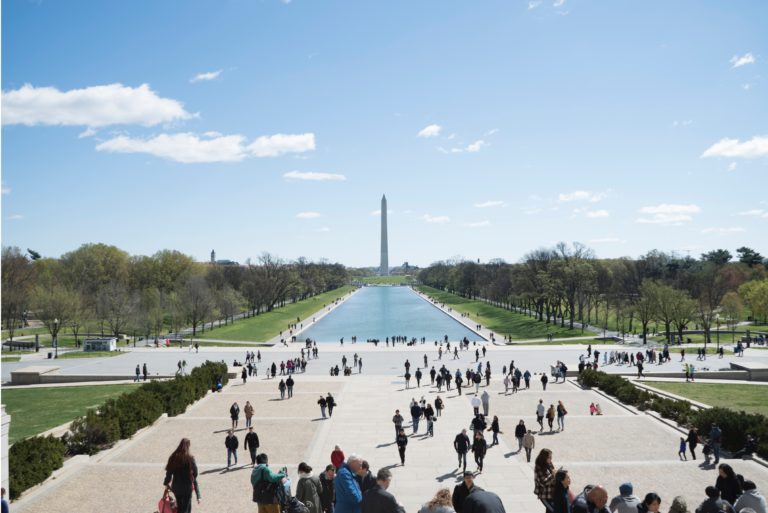Earlier this year, Rebecca Traister wrote a piece called “Mom vs. Dad on the…
Education on the 2020 Campaign Trail

In 2018, teachers across the nation went on strike in order to demand higher pay, more resources, and more support for the American public school system. We saw women take the leap from marching and protesting to running for office, and some teachers decided to do the same.
One teacher – a law school professor, to be specific – decided to run for president: Elizabeth Warren. Despite the fact that professors have run for president before (including Hillary Clinton and Barack Obama, who both also taught law school), Warren’s emphasis on her teaching background is unique. As Rebecca Traister puts it:
The candidate’s presentation of her teaching career — from kids with disabilities at a New Jersey public school to fifth-grade Sunday-schoolers in Texas to Kennedys in Cambridge — as key to her identity means she is hurtling toward the White House as a specific kind of feminized archetype.
Traister points out that most women approach politics “via traditionally male paths,” which isn’t surprising, especially at the presidential level: The notion of “Commander in Chief” is an inherently masculine one. However, research shows that as Americans express frustration with the political status quo, the perception of women as “different” in a sea of male politicians can offer them a distinctive advantage in the eyes of voters – something to keep in mind when talking about “electability” in 2020.
This cycle, a ‘deep understanding of the challenges that average Americans face’ is one of the strongest indicators of electability. Education is one of those challenges, and research shows that women candidates have advantages on issues, like education, that are traditionally “women’s issues.” This advantage is especially strong for Democratic women.
With a Pew Research Center survey finding that only half of American adults think colleges and universities are having a positive effect on the way things are going in the country these days, the presidential primary conversation has largely shifted to higher education and student debt. However, many presidential candidates have also released plans addressing K-12 education.
Yet, on both nights of the last presidential primary debate, education wasn’t a frequent topic. Will we hear more about this, especially from the women candidates trying to amplify this perceived advantage, in the next debate?






